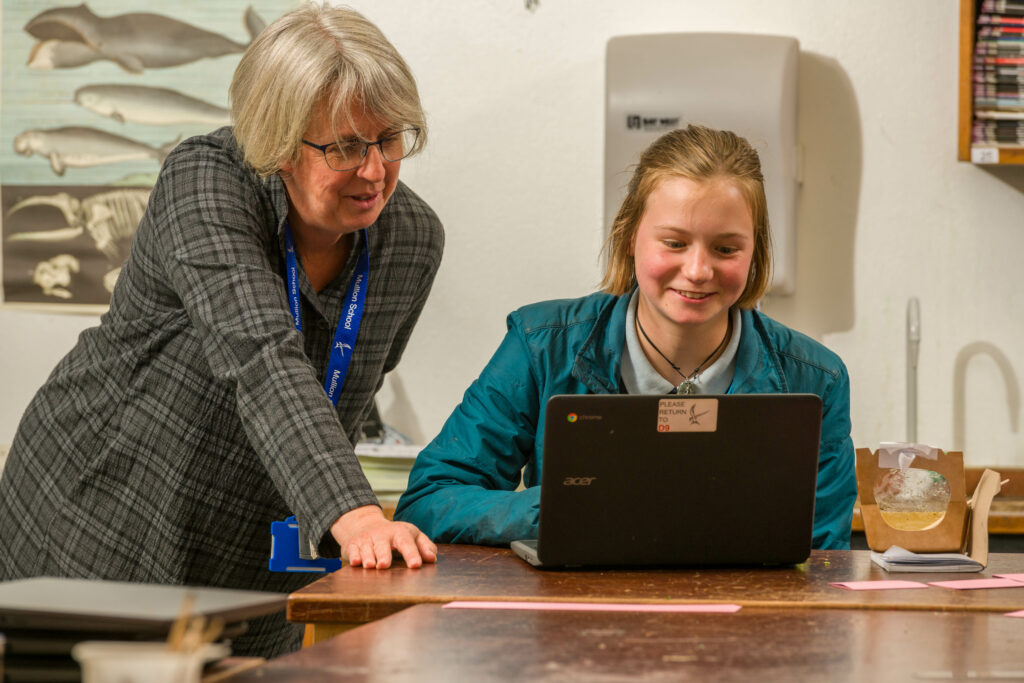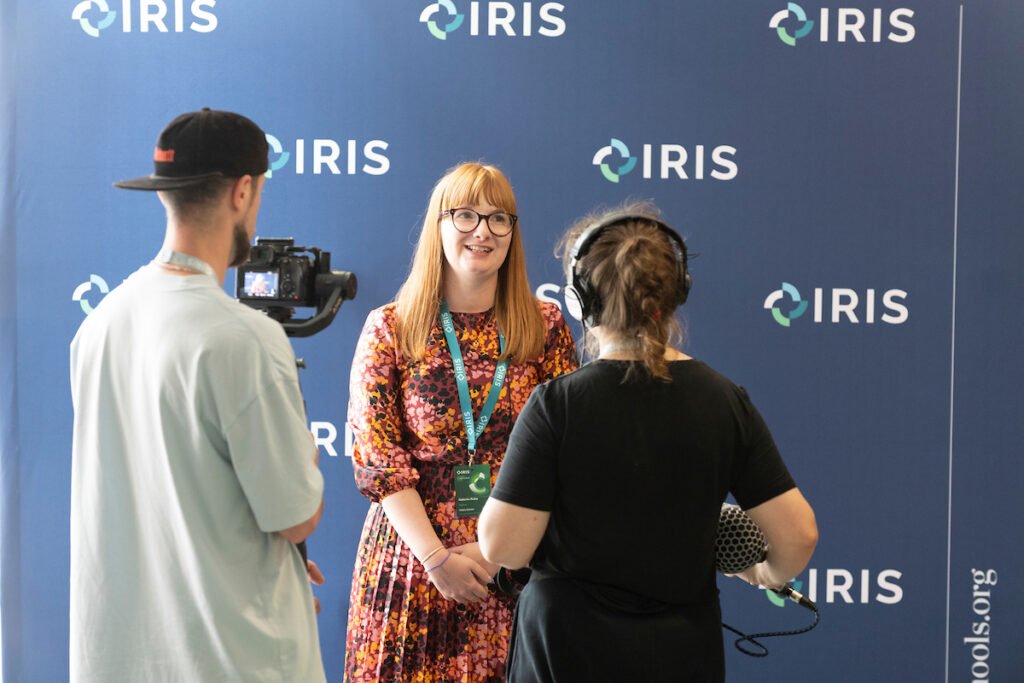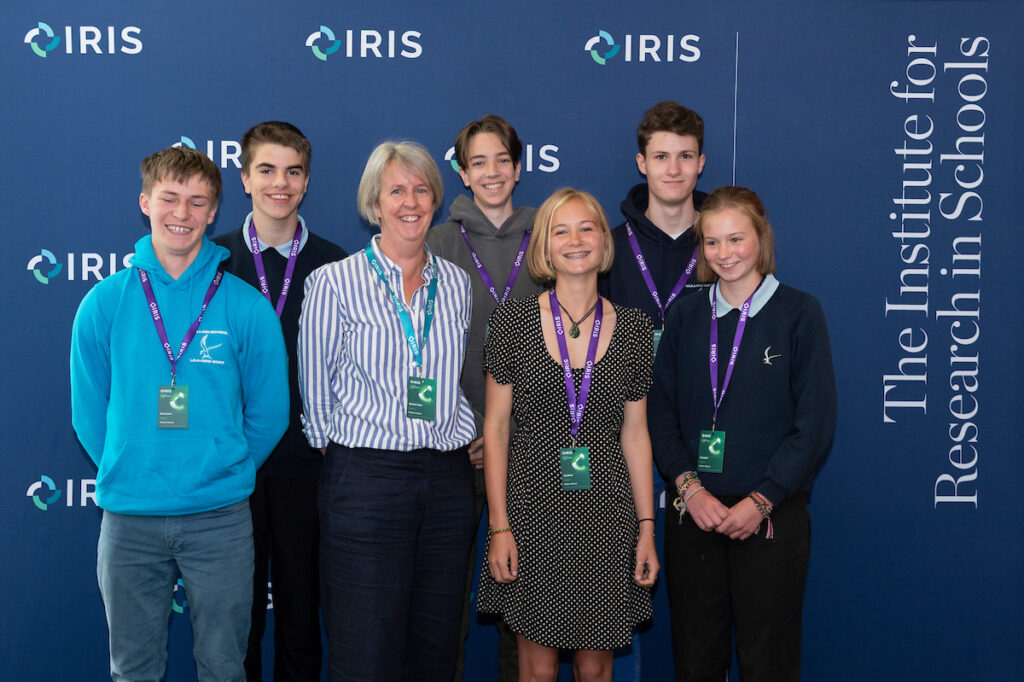
Dr Marieke Royle & Cat Rutley
Mullion School & Hele’s School
IRIS teachers, Cat and Marieke, discuss how research and innovation makes classroom learning more exciting, even for the teachers.
Cat Rutley – chemistry teacher at Hele’s School
This year, I started a new school, and it was the first year we worked with IRIS. We chose to take part in Cosmic Mining and Big Data: ATLAS. I began by speed-reading the introduction materials, which were really interesting, but I had no idea how the kids were going to find the project. It’s turned out a huge success.
As a chemistry teacher, it’s been great to delve into stellar research with Cosmic Mining and explore physics and computer modelling with the ATLAS project. For me, it’s all very novel to have the chance to diversify a bit into the other sciences. It’s been good to learn with my students and share these experiences with them. They get to share in the responsibility too, because they’re teaching me at times.
“I would have enjoyed a project like this at school, it’s such an incredible opportunity. Just having the time to research at this age is amazing”
Watching the transition of the kids from the start of their research to the end, I can see that their confidence, presentation skills and ability to share their research at conference has massively improved. So much so that I had them share their work with the next group of students coming through. We’re keen to drive this work further as we’ve seen how important it has become for the students.
I would have enjoyed a project like this at school, it’s such an incredible opportunity. Just having the time to research at this age is amazing. Most students don’t experience it until university.
 Cat being interviewed at the IRIS research conference in Exeter
Cat being interviewed at the IRIS research conference in Exeter It’s about valuing education beyond just classroom learning and getting students through their GCSEs and A-levels. It’s about giving them the chance to experience the bigger picture. Seeing students use the knowledge they’ve learned and apply it to their own research and, possibly, figuring out what they might do further into their lives is really nice.
Our students are planning to do DNA Origami and Ionic Liquids next, I’m looking forward to it.
Marieke Royle – teacher at Mullion School
I used to be a research scientist. The whole reason I got into teaching was to try and show pupils that it’s really good fun doing research, and it’s people like them who do research jobs not just some strange person somewhere else.
I love doing research with kids. I started a science club at Mullion and it’s been running for a long time. Pupils come and do research in their spare time. I open up my classroom over lunch on Wednesdays. It’s an inclusive group, no restrictions on age or ability, anyone can join.
 Marieke with her students at the IRIS research conference in Exeter
Marieke with her students at the IRIS research conference in ExeterI provide access to research equipment including microscopes and laptops. I show them how to use satellite data, including Earth Observation browsers and the Sentinel Hub. I challenge them to come up with their own research ideas, postulate their own questions, then to use the scientific method to try and figure out the answers. The kids definitely get a lot out of it and it’s not necessarily the people you think. It lets them apply what they’re learning in class, helps them to delve deeper into their subjects and find what interests them.
I think it’s important for schools to structure pupils’ days in a way that allows them to explore their subject outside the syllabus and lets that wonder unfold. I encourage teachers to start a club at their school. Yes, some students may need more support than others. But it’s a real opportunity to meet them where they are. If you feel more comfortable with structure, introduce students to an IRIS project as they are fully supported and free.
